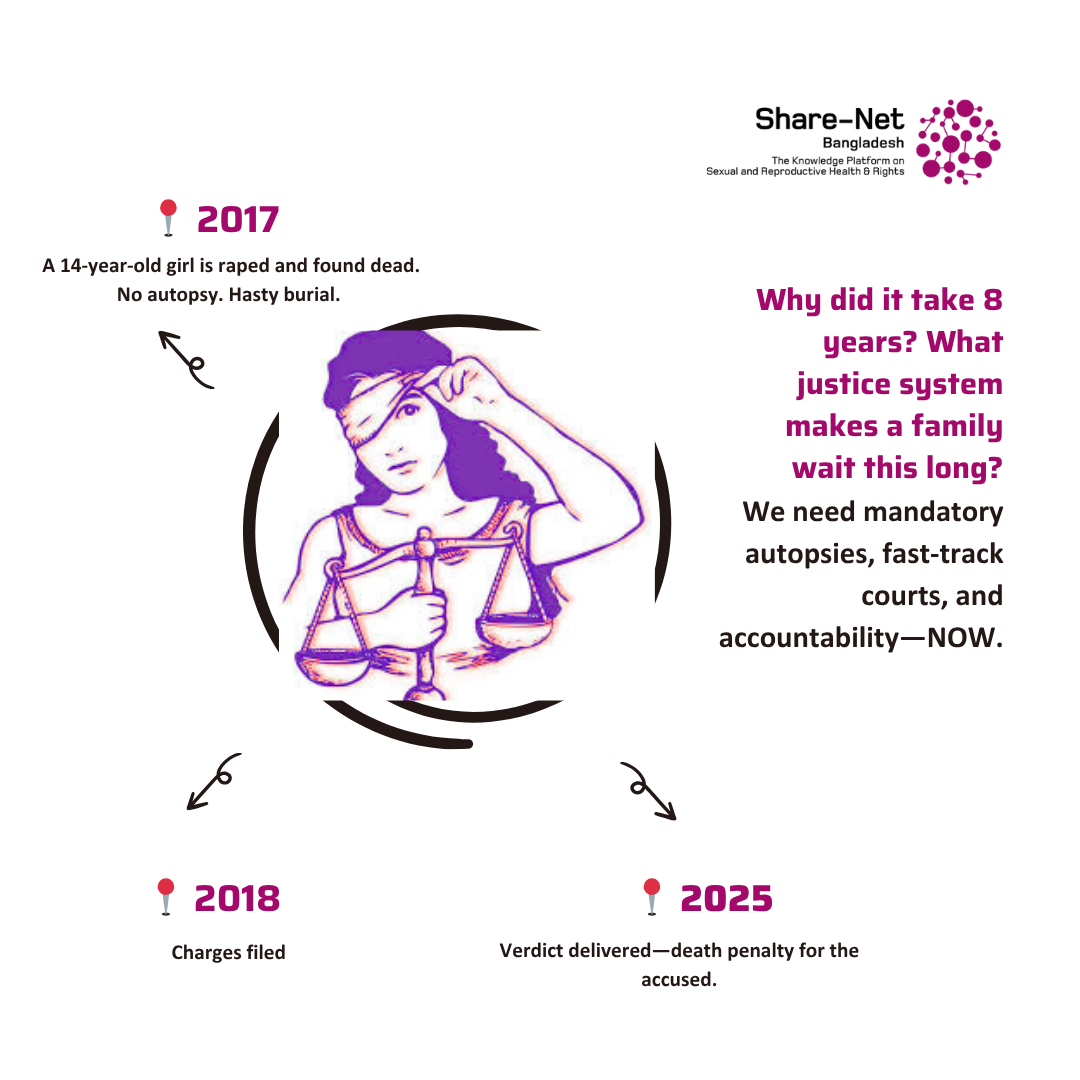Eight Years to Justice: A Girl’s Death, A Nation’s Delay
On 28 July 2025, the Netrokona Women & Children Repression Tribunal delivered justice in a case that shocked the region: three men were sentenced to death for the gang rape of a 14‑year‑old girl, followed by incitement to suicide, committed in September 2017 at a local fish farm. In addition to capital punishment, the court imposed 10 years of rigorous imprisonment and a fine of Tk 100,000 each; failure to pay the fine adds three more months in jail.
What happened, and when?
Back in September 2017, the men lured the victim into a fishery shack and assaulted her. Her family eventually found her dead by hanging the next morning in a neighbouring abandoned hut. Desperate rumours circulated that it was a suicide, and without an autopsy, they hurriedly buried her. Pressure from local residents prompted exhumation and a post‑mortem, leading police to formally file charges the day after the crime. Subsequent arrests followed in late 2017, and a final charge‑sheet was presented in April 2018. Sixteen witnesses testified before the tribunal, leading to today’s landmark verdict.
Where do legal gaps linger?
It’s deeply troubling that no autopsy was performed initially, and the burial happened hastily. That delay risked destroying critical forensic evidence. Local influence and lack of oversight may have allowed the perpetrators to spread a false narrative—the difference between justice and cover-up.
Furthermore, while the trial began within a reasonable time (charge‑sheet in about seven months), it still took over eight years from the crime to conviction. Such lengthy delays can deny victims’ families timely closure and threaten public confidence in the justice system.
Why does timing matter?
From the crime in September 2017 to the court filing in April 2018 and finally the verdict in July 2025, more than eight years elapsed. The delay not only prolongs agony for the victim’s family but also raises questions about efficiency in cases involving young victims. Swift, transparent action is crucial, especially in sensitive crimes involving minors.
Call to action
- Mandatory and immediate post‑mortems: Every suspicious death must undergo a thorough medical investigation before burial.
- Fast‑track trials for crimes against minors: The law must enforce strict deadlines to close cases—ideally under one year from charge sheet to judgement.
- Community oversight and support: Local civil society and media must stay vigilant to prevent undue influence and ensure transparency.
- Victim‑family support funds: Psychological and financial help should be guaranteed from day one.
In closing…
This verdict may bring some healing to the victim’s family, but it also shines a harsh light on legal gaps and inefficiencies. No family should wait nearly a decade for justice. Let this case serve as a powerful reminder: laws must be enforced swiftly and fairly, with zero tolerance for negligence or influence.
Source: Dhaka Post


